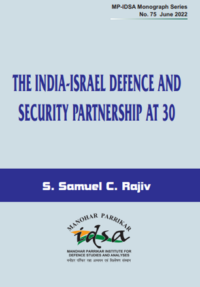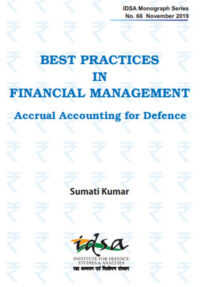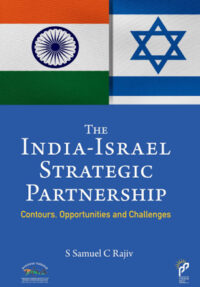India’s Defence Budget: Trends Beyond the Numbers
In the larger scheme of things, fiscal prudence is a good trait and the reduction in deficits desirable, yet an overtly ambitious approach of reducing deficits into a number game may lead to developments that may hurt us not only in the security arena but in economic growth as well.
- G. Balachandran , Shruti Pandalai
- March 04, 2013











